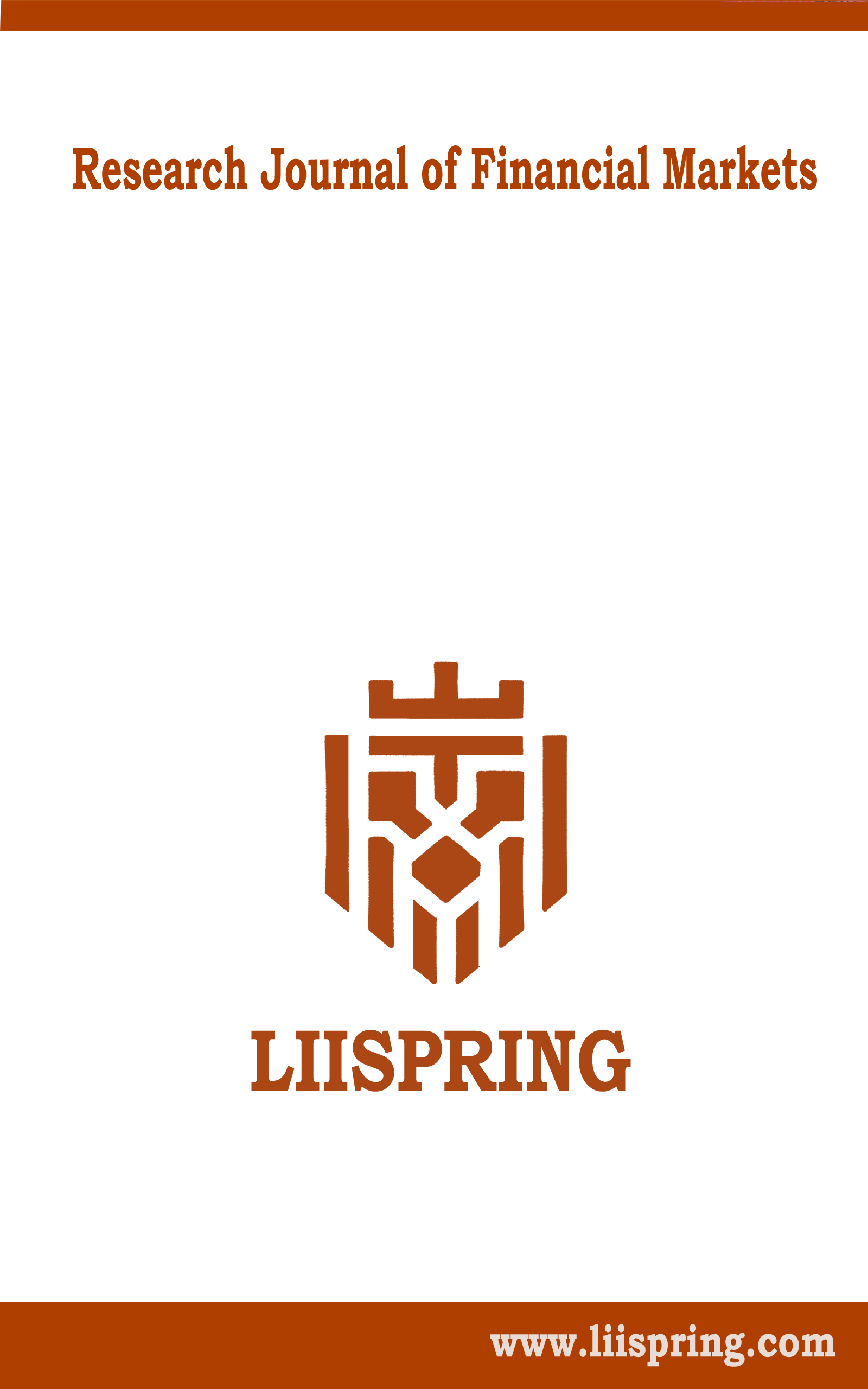-
About
The Journal of Financial Markets publishes high quality original research on applied and theoretical issues related to securities trading and pricing. The journal strives to maintain a balance between theoretical and empirical work.
It aims to provide prompt and constructive reviews to paper submitters. Area of coverage includes the analysis and design of trading mechanisms, optimal order placement strategies, the role of information in securities markets, financial intermediation as it relates to securities investments - for example, the structure of brokerage and mutual fund industries, and analyses of short and long run horizon price behaviour. The journal explicitly encourages methodological analyses of the issues arising from the use of qualitative methods in financial markets research as well as empirical articles addressing the following topics: The methodological underpinning of qualitative study in finance including reviews of recent developments, Attempts to reform global banking systems, models and reputation, Behavioural finance, both theoretical perspectives and empirical analyses, Emotional finance, including the implications of unconscious influences on decision-making, The role of market timing in relation to major corporate news releases, Principal-agent relationships in the modern global financial environment, Responses to changes in corporate governance regulations and structures, Practitioner perspectives on external financing decisions, Corporate communication and the transmission of price-sensitive information, The effect of the sub-prime lending crisis on financial market structure and regulation,
Editorial Policy
Most journals operate under the guidance of an editorial board, providing expert advice on content, attracting new authors and encouraging submissions. The Editorial Board, or (Editorial) Advisory Board, is a team of experts in the journals field. Editorial board members:
* Review submitted manuscripts.
* Advise on journals pospancy and scope.
* Identify journals for innovative social, scientific, economic & business problem based research and academic model, which they may guest edit.
* Attract new authors and submissions.
* Promote and present the academic journals to the scholars and academician, authors, institutions and peers etc.
* Assist the editor(s) in decision making over issues such as plagiarism claims and submissions where reviewers can’t agree on a decision.
Open Access Policy
This journal provides immediate open access to its content on the principle that making research freely available to the public supports a greater global exchange of knowledge.
Submission Preparation Checklist
As part of the submission process, authors are required to check off their submission's compliance with all of the following items, and submissions may be returned to authors that do not adhere to these guidelines.
* The submission has not been previously published, nor is it before another journal for consideration (or an explanation has been provided in Comments to the Editor).
* The submission file is in OpenOffice, Microsoft Word, RTF, or WordPerfect document file format.
* Where available, URLs for the references have been provided.
* The text is single-spaced; uses a 12-point font; employs italics, rather than underlining (except with URL addresses); and all illustrations, figures, and tables are placed within the text at the appropriate points, rather than at the end.
* The text adheres to the stylistic and bibliographic requirements outlined in the Author Guidelines, which is found in About the Journal.
* If submitting to a peer-reviewed section of the journal, the instructions in Ensuring a Blind Review have been followed.
Copyright Notice
Authors who publish with this journal agree to the following terms:
Authors retain copyright and grant the journal right of first publication with the work simultaneously licensed under a Creative Commons Attribution License that allows others to share the work with an acknowledgement of the work's authorship and initial publication in this journal.
Authors are able to enter into separate, additional contractual arrangements for the non-exclusive distribution of the journal's published version of the work (e.g., post it to an institutional repository or publish it in a book), with an acknowledgement of its initial publication in this journal.
Authors are permitted and encouraged to post their work online (e.g., in institutional repositories or on their website) prior to and during the submission process, as it can lead to productive exchanges, as well as earlier and greater citation of published work (See The Effect of Open Access).
Research Journal of Financial Markets
Front Page
